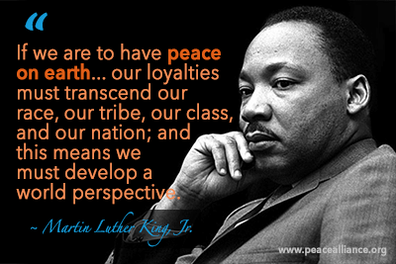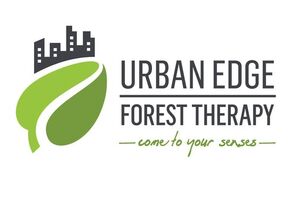 As we honor Dr. Martin Luther King Jr. and reflect on the Civil Rights movement of the 1950s and 60s as well as issues of racial justice and equality that need attention today, we also have an opportunity to consider how the values underpinning civil rights apply not only among people -- across race, ethnicity, gender, class, sexual orientation, age, disability, and religion -- but also to our relationship with nature. Fundamental to civil rights is a moral attitude of respect, compassion, appreciation for one another's inherent, integral worth, and a sense of community, interconnectedness, and interdependence. The same ethos applied to our relationship with nature -- a perspective proffered by a number of writers, artists, poets, environmentalists and philosophers, and embedded in many religious practices and indigenous cultures -- would radically transform how we engage with the natural world. It would alter how we organize our business, social, and political conventions in connection with nature, from resource extraction, conservation, pollution management, and energy development, to how we choose to engage our leisure time, to how we design our homes and communities. And in turn, by altering tendencies to objectify inhabitants of the living world around, cultivating respect for nature likely would also enhance our respect for other humans. We abuse land because we regard it as a commodity belonging to us. When we see land as a community to which we belong, we may begin to use it with love and respect.” ― Aldo Leopold
0 Comments
Leave a Reply. |
About this Blog
Hi! I'm Nancy Kopans, founder of Urban Edge Forest Therapy. Join me on an adventure to discover creative ways to connect with nature in your daily life, ways that are inspired by urban surroundings that can reveal unexpected beauty, with the potential to ignite a sense of wonder. Archives
April 2023
Categories
All
|

 RSS Feed
RSS Feed